
Susan G. Komen is marking a significant milestone in the effort to improve care and outcomes for people facing inflammatory breast cancer (IBC).

Susan G. Komen is marking a significant milestone in the effort to improve care and outcomes for people facing inflammatory breast cancer (IBC).

As a 12-year pancreatic cancer survivor, I share my journey through diagnosis, treatment and survival, hoping my story inspires others to act beyond slogans.
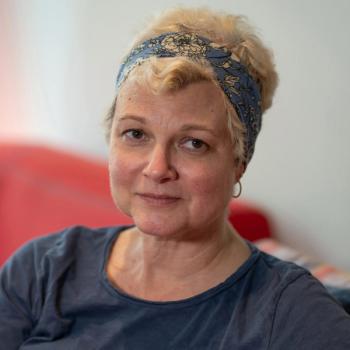
Perioperative immunotherapy for the treatment of non-small cell lung cancer is starting to exhibit survival benefits among patients, research has shown.
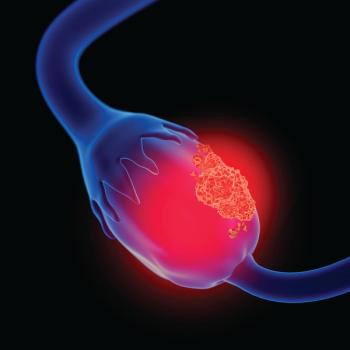
The FDA has accepted a new drug application for relacorilant as a treatment for patients with platinum-resistant ovarian cancer.
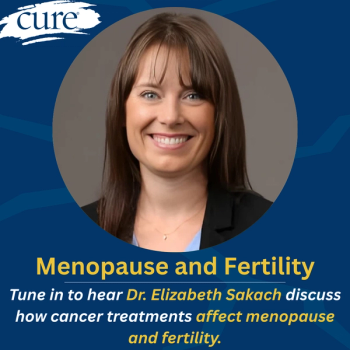
Chemotherapy can trigger early menopause, while strategies and new data on pausing therapy may help women protect fertility and plan pregnancy.

Living with follicular lymphoma, I’ve learned many assumptions about cancer, remission and treatment side effects don’t reflect the reality I face.

This issue of CURE highlights personal stories and expert insights, from living with multiple diagnoses to self-advocacy, nutrition and survivorship care.

Over the past 20 years, there have been dramatic advances in treatment options for people diagnosed with non-small cell lung cancer

When my daughter was diagnosed with breast cancer at 27, I watched her show courage through every treatment, side effect and moment of resolve.

For patients with HR+, HER2- early breast cancer, MammaPrint may predict distant recurrence-free interval prognosis and chemotherapy benefit.

The FDA has granted fast track designation to the cancer vaccine GLSI-100 for patients with HLA-A*02-positive and HER2-positive breast cancer.

CURE spoke with Dr. Xiuning Le during the International Association for the Study of Lung Cancer (IASLC) 2025 World Conference on Lung Cancer.

The FDA has approved Inlexzo for adults with BCG-unresponsive non-muscle invasive bladder cancer with carcinoma in situ.
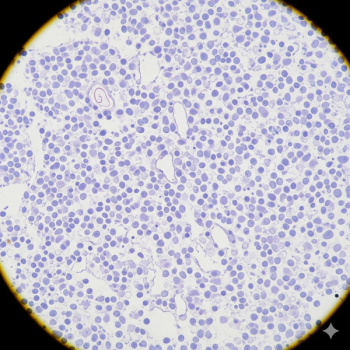
For patients with relapsed/refractory mantle cell lymphoma Lunsumio plus Polivy was associated with durable responses.

What does standing up to cancer mean to me? It means showing up for my life, even knowing that cancer is not a distant possibility but a biological reality.

Patients with advanced, pretreated ROS1-positive NSCLC treated with zidesamtinib saw an objective response rate of 44%.

For some with previously untreated locally advanced or metastatic non-small cell lung cancer Rybrevant plus Lazcluze improved overall survival.

CURE spoke with the patient advocate and author of “Between Two Kingdoms” and “The Book of Alchemy.”

The symbolism of seasons helped me to put some challenges of my cancer journey into perspective.
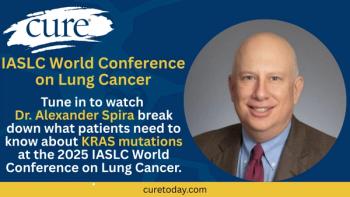
CURE spoke with Dr. Alexander Spira to learn what patients need to know about the KRAS G12C mutation and its treatment strategies.

In patients with EGFR-mutated NSCLC ivonescimab plus chemotherapy was associated with significant progression-free survival.

Thoughts on standing up to cancer through recovered mobility and by sharing my multiple myeloma journey.
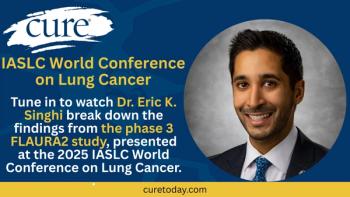
Dr. Eric Singhi sat down with CURE to break down the findings from the phase 3 FLAURA2 study, presented at the 2025 IASLC World Conference on Lung Cancer.

The FDA has granted orphan drug designation to the investigational therapy BA-101 for the treatment of patients with glioblastoma.

Dr. Myung-Ju Ahn shared notable data on ifinatamab deruxtecan for patients with previously treated extensive-stage small cell lung cancer.
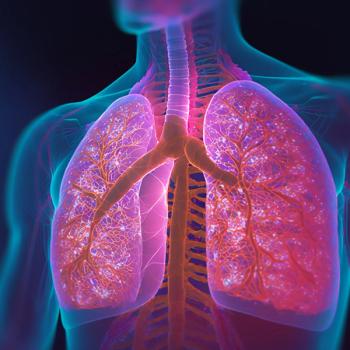
People with EGFR+ NSCLC whose disease spread outside the brain after treatment with Tagrisso lived longer when they kept taking Tagrisso along with chemo.
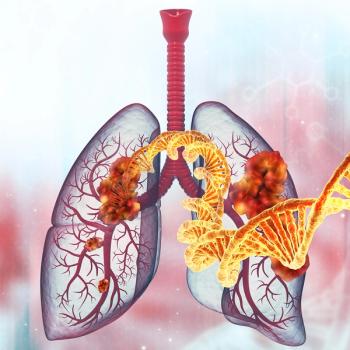
A combination of Iza-bren and Tagrisso showed beneficial results as an initial treatment for advanced/metastatic EGFR-mutated non–small cell lung cancer.

Never-smoker Leah Phillips, co-founder of the Young Lung Cancer Initiative, raises awareness that anyone with lungs can develop lung cancer.

Data from the AQUILA study support the use of fixed-duration subcutaneous Darzalex Faspro as an early treatment option in high-risk smoldering myeloma.